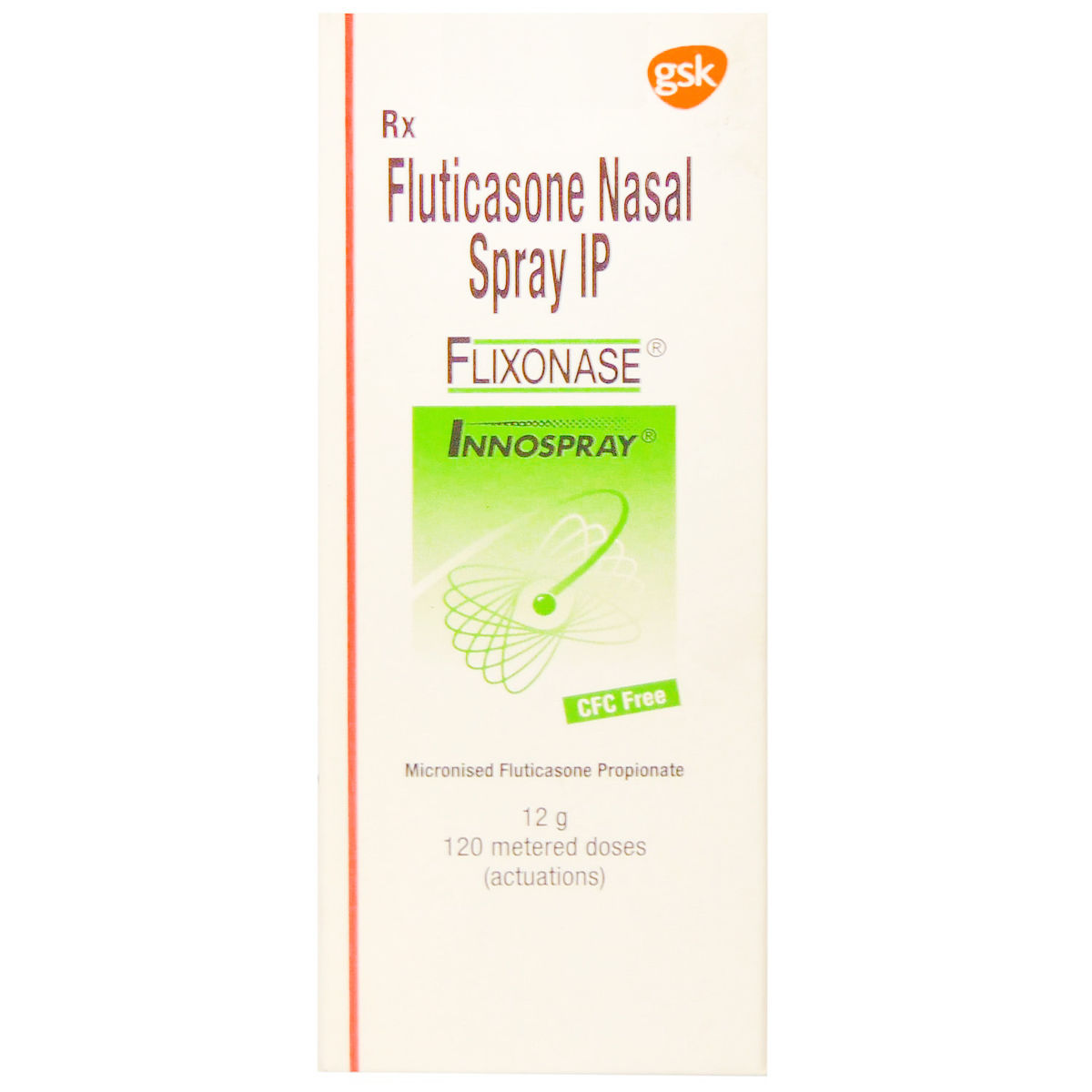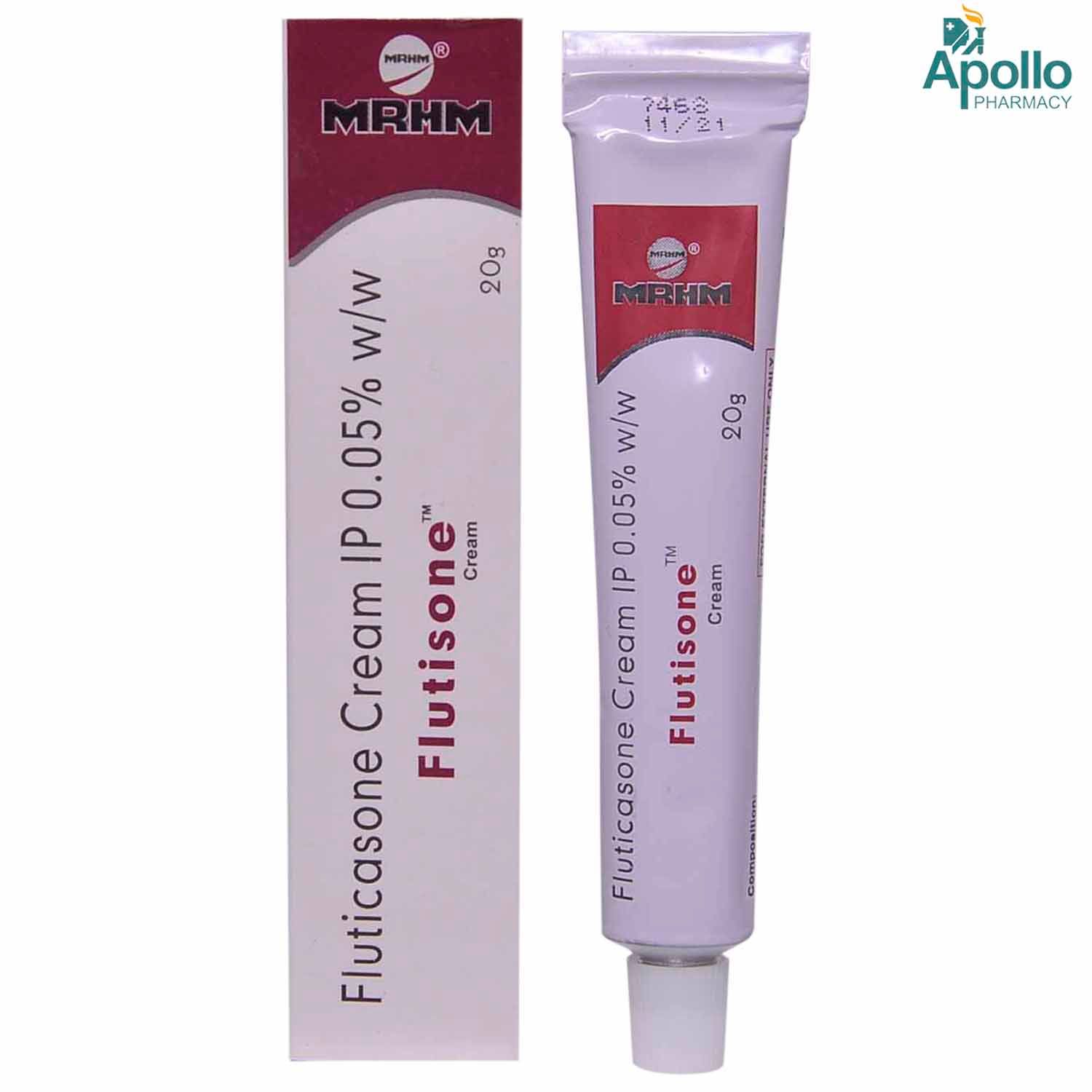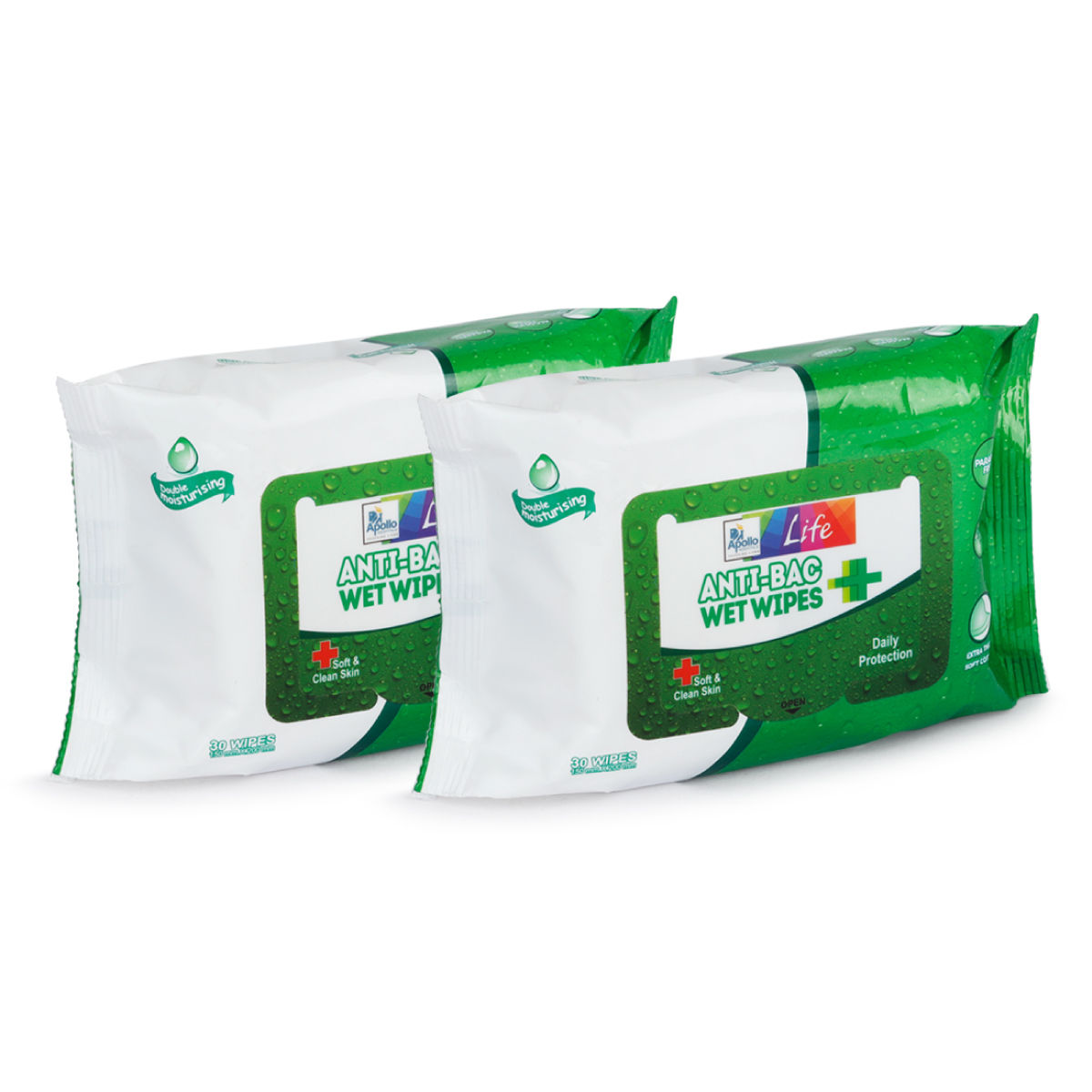Flutivate Cream 20 gm
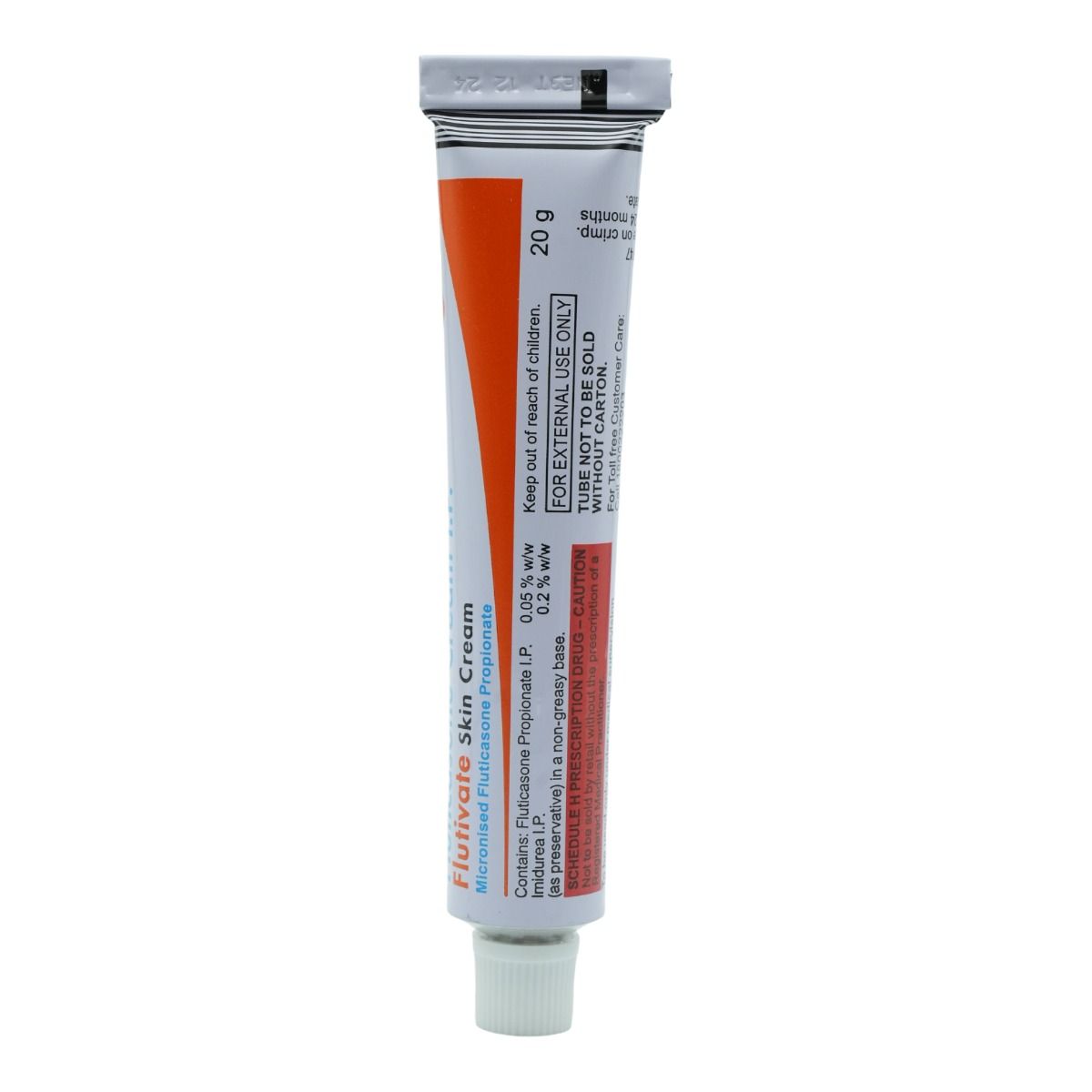
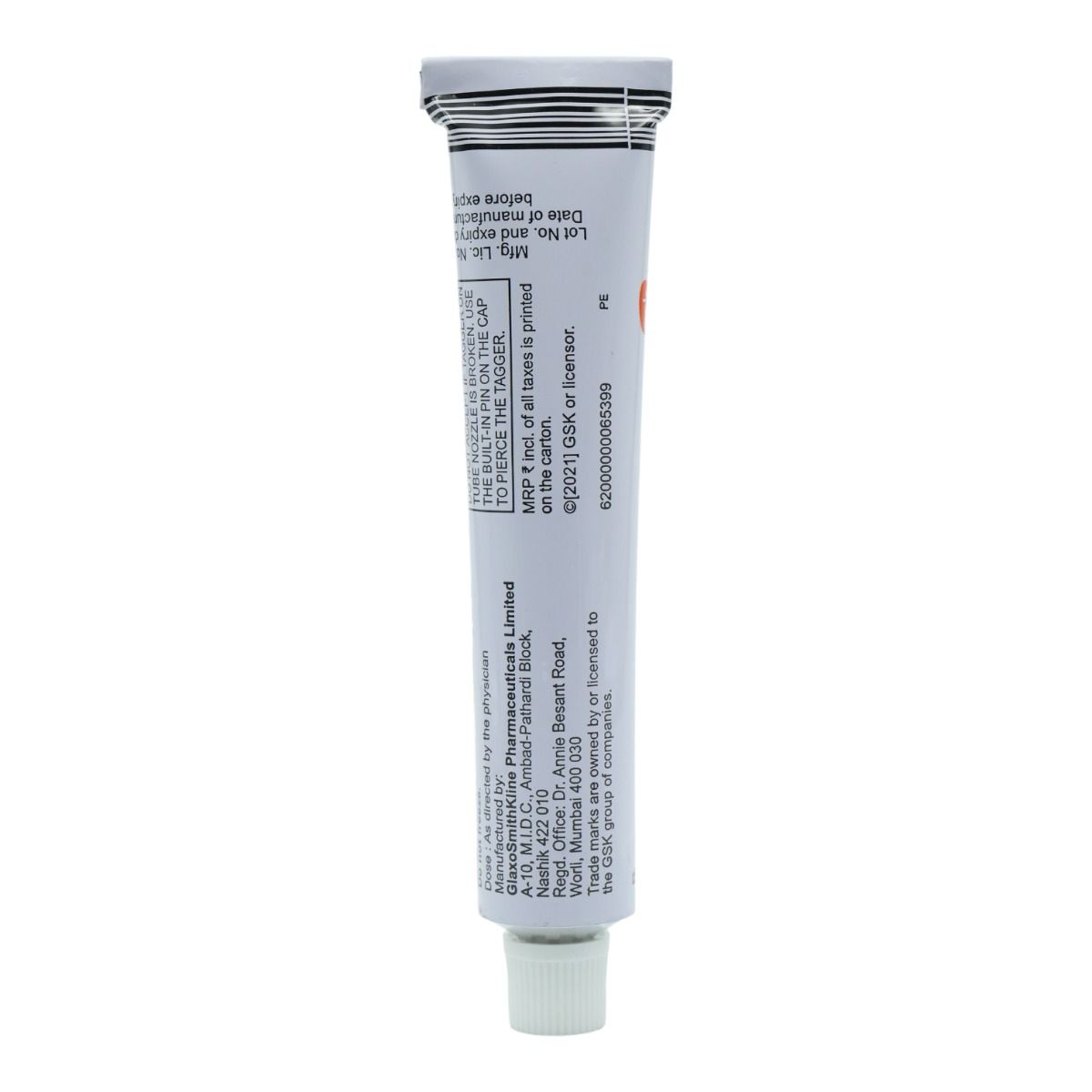
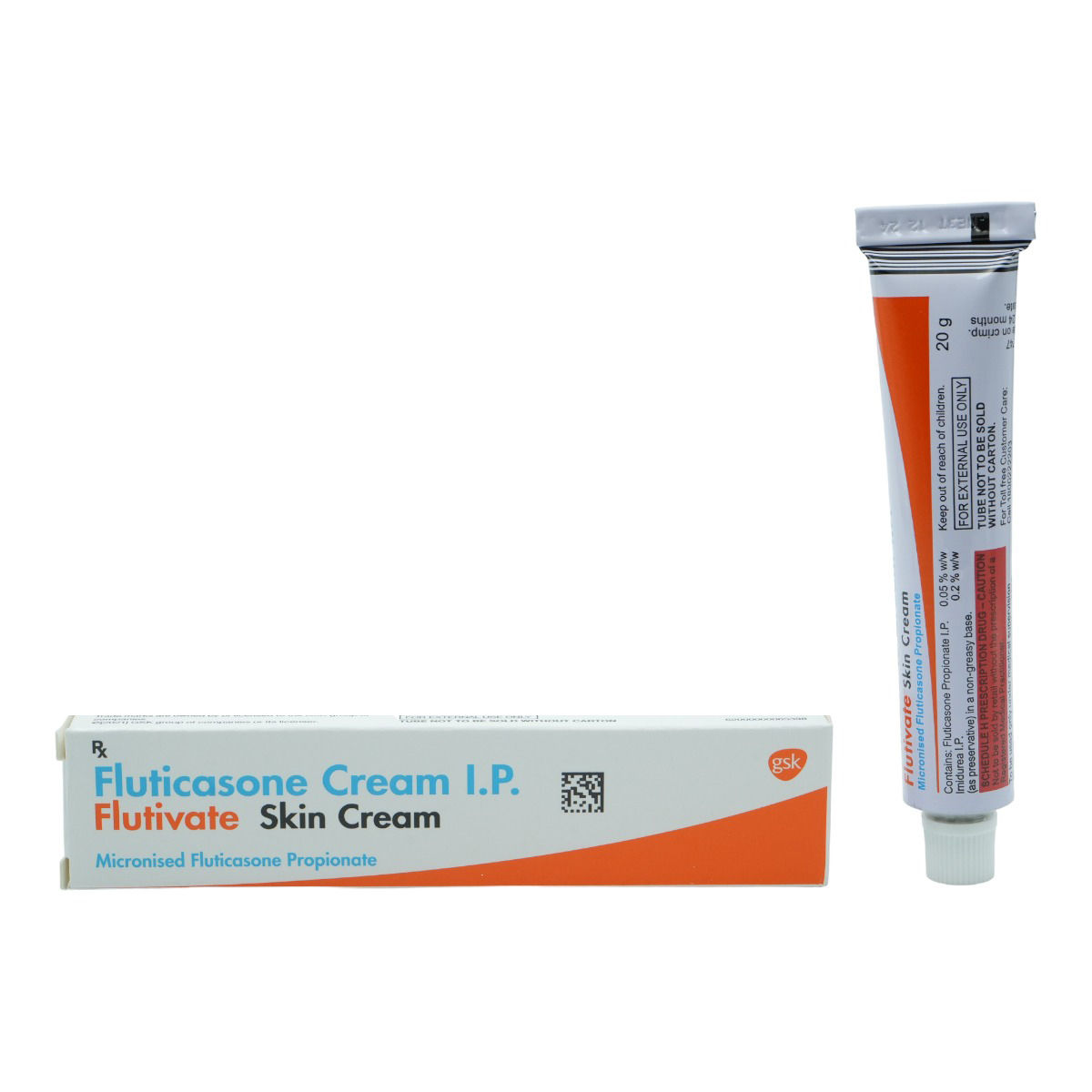
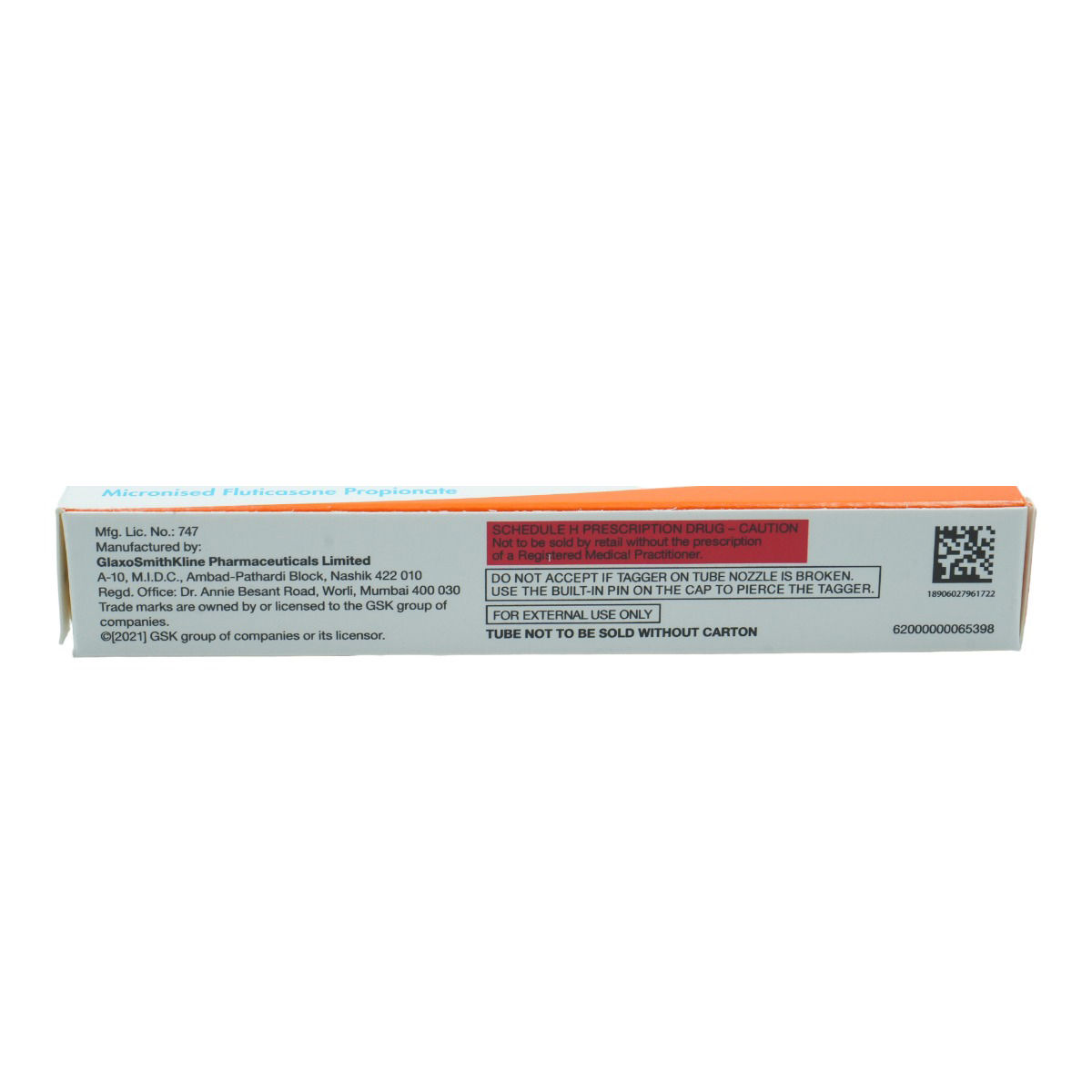
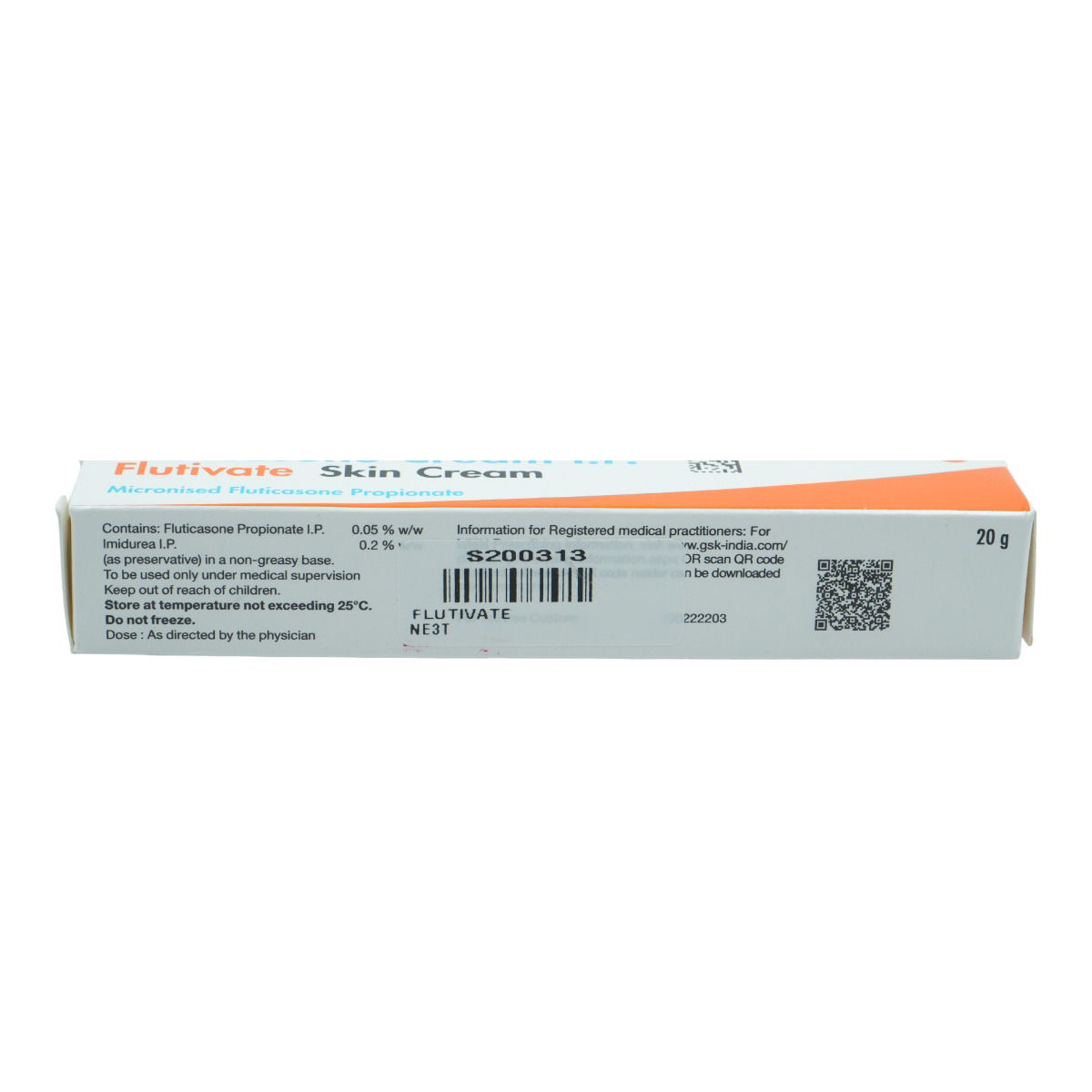
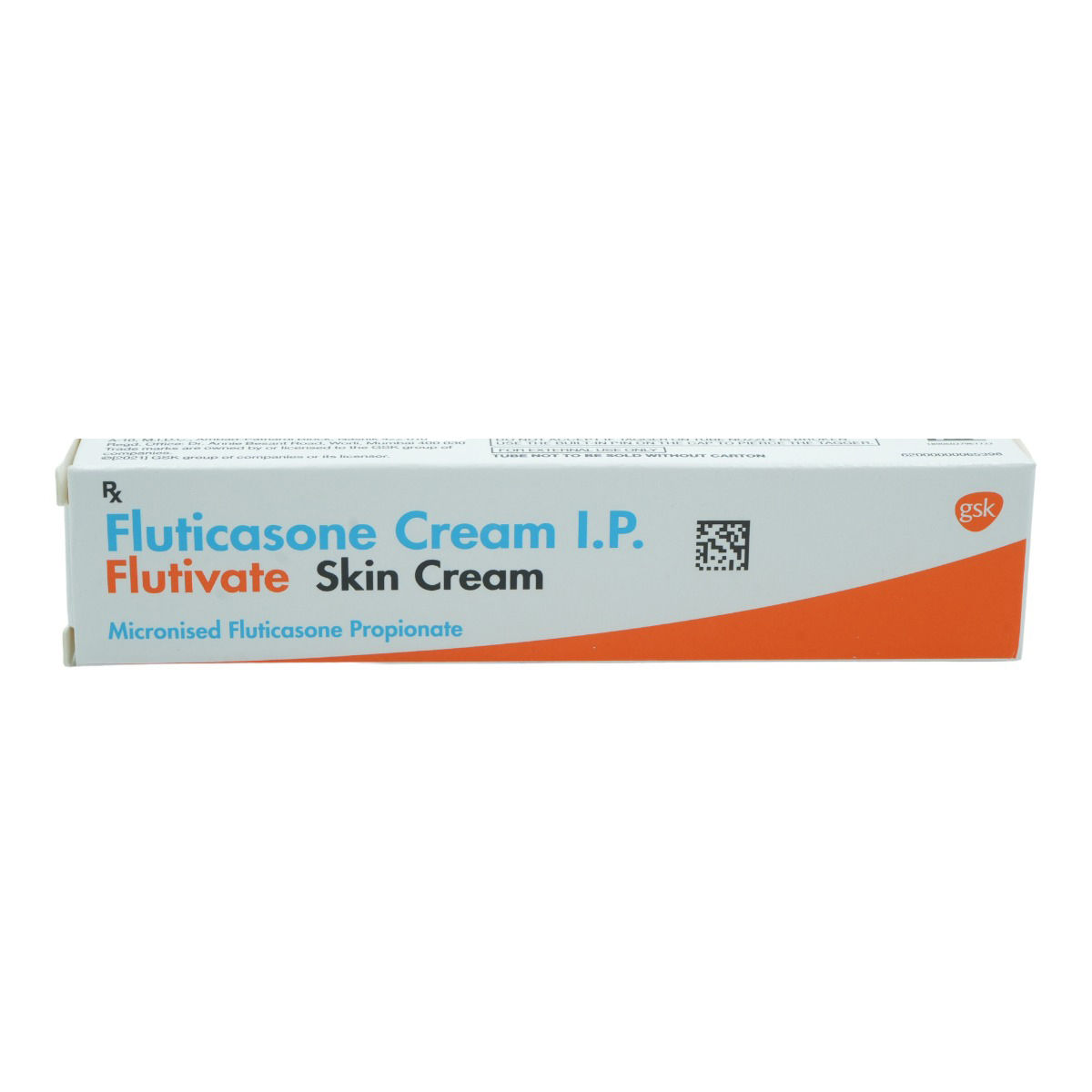
₹335.3*
MRP ₹372.5
10% off
₹316.62*
MRP ₹372.5
15% CB
₹55.88 cashback(15%)
Free Delivery
With Circle membership
(Inclusive of all Taxes)
This offer price is valid on orders above ₹800. Apply coupon PHARMA10/PHARMA18 (excluding restricted items)
Know Your Delivery Time
Provide Delivery Location
Available Offers
 Prescription drug
Prescription drugWhats That
 69 people bought
69 people bought 
Secure Payment

India's Most Trusted Pharmacy

Genuine Products
Composition :
Manufacturer/Marketer :
Consume Type :
Return Policy :
Expires on or after :
About Flutivate Cream
Flutivate Cream is used to treat itching, swelling, and irritation in skin conditions such as psoriasis, eczema, contact dermatitis, lichen planus (a type of rash), and lupus. Psoriasis is a skin condition characterised by flaky patches of skin covered with scales. Eczema is a skin disorder that causes dry, red, itchy, and rough skin. Contact dermatitis is a skin condition triggered by contact with allergens.
Flutivate Cream includes Fluticasone propionate, a corticosteroid with anti-inflammatory properties on the skin. It reduces swelling, redness, and itching by inhibiting the production of certain chemical messengers in the body that cause inflammation. Thus, Flutivate Cream aids in treating various skin inflammatory conditions.
Flutivate Cream is for external use only. In some cases, Flutivate Cream may cause side effects such as itching, burning sensation, increased erythema (redness of the skin), urticaria (skin rash), irritation, and light-headedness. Most of these side effects do not require medical attention and gradually resolve over time. However, if the side effects persist or worsen, consult a doctor.
Inform your doctor if you are allergic to any of the components in Flutivate Cream or have any other skin infection, cuts, broken skin or itchy skin that is not inflamed or red. Also, inform the doctor if you are trying to get pregnant, are already pregnant, or are breastfeeding. Flutivate Cream should be used under the supervision of a paediatrician.
Uses of Flutivate Cream
Directions for Use
Medicinal Benefits
Flutivate Cream is used to treat skin conditions such as psoriasis, eczema, contact dermatitis, lichen planus (a type of rash), and lupus. Flutivate Cream contains Fluticasone propionate, which reduces swelling, redness, and itching by inhibiting the production of certain chemical messengers in the body that cause inflammation. Thus, Flutivate Cream aids in treating skin conditions such as psoriasis, eczema and dermatitis.
How Flutivate Cream Works
Storage
Side Effects of Flutivate Cream
Itching
Burning sensation
Increased erythema (redness of the skin)
Urticaria (skin rash)
Irritation
Light-headedness
What if I have taken an overdose of Flutivate Cream
Drug Warnings
Inform your doctor if you are allergic to any of the components in Flutivate Cream, have a skin infection, broken skin, cuts or itchy skin that is not inflamed or red. Consult your doctor if you are trying to get pregnant, are already pregnant, or are breastfeeding. If you have a relapse of your condition within two weeks of quitting therapy, consult your doctor.
Drug-Drug Interactions
Drug-Drug Interactions
Login/Sign Up
Drug-Food Interactions
Drug-Food Interactions
Login/Sign Up
Diet & Lifestyle Advise
Wear loose-fitting clothing to avoid increased sweating and the spread of infection.
Avoid scratching the infected skin area as it might spread the infection to other body parts.
Towels, combs, bed sheets, shoes, and socks should not be shared with others.
Wash your bed sheets and towels regularly.
Limit or avoid the intake of alcohol and caffeine.
Do not scratch or pick at the affected region to avoid infecting it.
Choose natural foods and grains over processed items. Limiting starch intake may also help reduce inflammation.
Processed foods and foods heavy in sugar and fat should be avoided because they might induce inflammation.
Limit your salt intake and choose natural anti-inflammatory agents like herbs or spices like garlic, ginger, and turmeric.
Habit Forming
Therapeutic Class
Flutivate Cream Substitute

Flutivate E Cream 30 gm
by AYUR
₹12.06per tabletFlixonase CFC Free Innospray 12 gm
by Others
₹46.13per tabletLutiderm Cream 30 gm
by AYUR
₹9.06per tabletFlutisone Cream 20 gm
by AYUR
₹12.60per tabletFlutisone Cream 10 gm
by Others
₹11.61per tablet
Product Substitutes
Alcohol
Caution
It is not known if alcohol affects Flutivate Cream. Please consult your doctor.
Pregnancy
Caution
Flutivate Cream should only be used if the dermatologist or skin specialist has prescribed it and supervises the therapy. Please consult your doctor if you have any concerns.
Breast Feeding
Caution
Please consult the doctor. It is given to nursing mothers only if the doctor thinks the benefits outweigh the risks. If you are using Flutivate Cream on your breasts, wash off Flutivate Cream from your breasts before feeding your baby.
Driving
Safe if prescribed
Flutivate Cream does not impact your ability to drive or operate machinery.
Liver
Caution
Please consult your doctor if you have liver problems.
Kidney
Caution
Please consult your doctor if you have kidney problems.
Children
Caution
Flutivate Cream should be used under the supervision of a paediatrician.
FAQs
Flutivate Cream is used to treat itching, swelling, and irritation in skin conditions such as psoriasis, eczema, contact dermatitis, lichen planus (a type of rash), and lupus.
Flutivate Cream decreases swelling, redness, and itching by preventing the generation of chemical messengers in the body that induce inflammation. As a result, Flutivate Cream assists in treating various inflammatory skin disorders.
Long-term use of Flutivate Cream can thin your skin and develop stretch marks. Therefore, use Flutivate Cream only for as long as it has been prescribed by the doctor.
After a few days of using Flutivate Cream, your condition should begin to improve. Speak with your doctor if your condition does not improve after four weeks or if it worsens at any point.
No, it is not recommended to use Flutivate Cream on broken skin, cuts, or itchy skin that is not inflamed or red.
Do not apply Flutivate Cream to your face unless directed by a doctor as the skin on the face is sensitive. If your doctor prescribes, use Flutivate Cream on your face carefully.
Flutivate Cream may cause side effects such as itching, burning sensation, increased erythema (redness of the skin), urticaria (skin rash), irritation, and light-headedness. Most of these side effects do not require medical attention and gradually resolve over time. However, if the side effects persist or worsen, consult a doctor.
No, Flutivate Cream is not an antibiotic. It contains Fluticasone propionate, a corticosteroid used to treat certain skin conditions.
Flutivate Cream is not used to lighten the skin. It is used to treat itching, swelling, and irritation in skin conditions such as psoriasis, eczema, contact dermatitis, lichen planus (a type of rash), and lupus.
Country of origin
Manufacturer/Marketer address
Customers Also Bought
Disclaimer
Author Details
We provide you with authentic, trustworthy and relevant information













